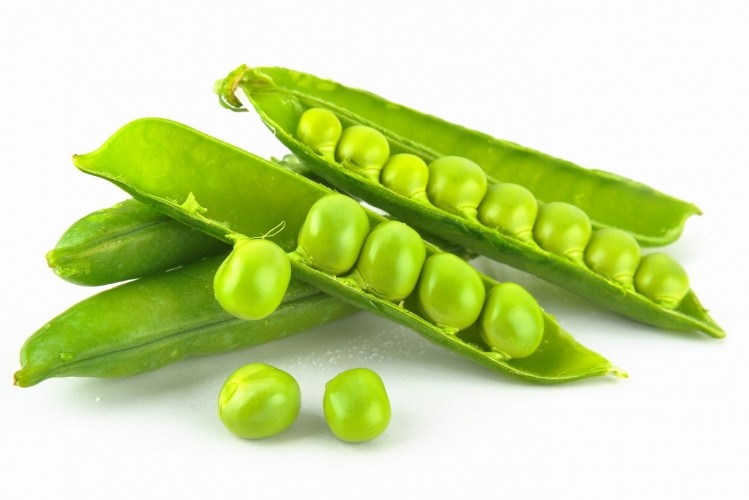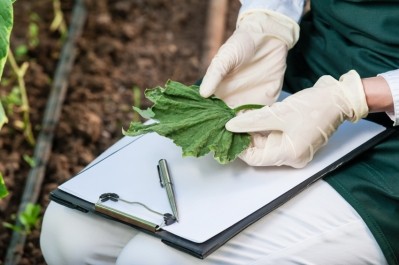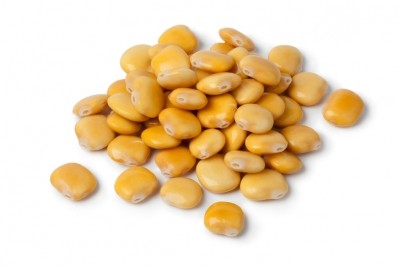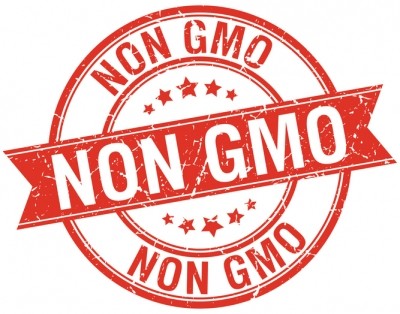EU project aims for non-GMO alternative to soy for feed and food

The partners in the Legato Project - Legumes for the Agriculture of Tomorrow – met in Dijon this week to kick-start research that aims to accelerate the production of grain legumes in Europe.
Grain legumes such as pea and faba beans represent less than 2% of cultivated arable land in Europe, where their cultivation has been constantly decreasing over the last 40 years due to some species’ vulnerability to diseases like root rot and inconsistency in yields.
The four year Legato study aims to identify the factors currently limiting the growing of these crops.
The initiative could result in greater availability of an alternative grain to imported soy for food and feed.
Little pesticide input
“Our ultimate goal is to identify and test new, robust legume breeding lines that are disease and pest resistant and require little pesticide input,” said Richard Thompson, senior researcher at the French national institute for agriculture research, INRA.
He told FeedNavigator.com that the principal grain legumes grown in Europe – the pea and faba bean - have non-GMO practically stamped on them.
“It is virtually impossible to genetically modify faba beans and extremely challenging also in terms of peas with no known GM variants available commercially.”
“Furthermore, these pulses are allergen-free, contribute nitrogen to subsequent crops in rotations such as oilseed rape, and they also add biodiversity and durability to cropping systems,” said Thompson, who is one of the Legato project leaders.
Poultry and pig feed
He added that while peas and faba beans are mainly used for poultry feed, they are also suitable in compound feeds for swine.
They have been tested for use in dairy cow feed, with good results, added Thompson.
An increase in the production of such pulses that are rich in protein (up to 40%) could help lessen Europe’s dependence on imports for its feed needs.
The EU imports 70% of its requirements in protein-rich products used for feeds - 20 to 25 million tons (Mt) of meals and 15Mt of soybean seeds.
But Thompson cautions on any hope that there will be autonomy for Europe in this regard in the near future: “In Europe, we have come to rely on large volumes of cheap soybean imports that will be impossible to completely replace in the short term.”
Legato is funded to the tune of €5m under the EU Seventh Framework Program for Research.
It brings together 17 research institutions and 10 companies or professional associations from 12 European states to focus on breeding and management methods for legume grains.










